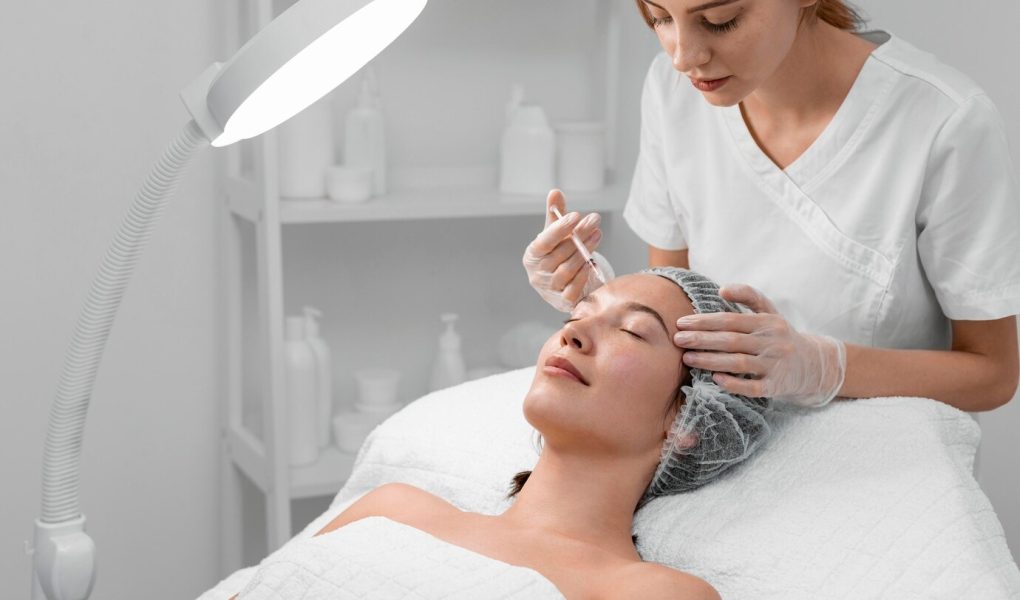
Cosmetic surgery can be a life-changing decision, enhancing your appearance and boosting your confidence. However, one of the biggest concerns for many people is knowing when it’s the right time to return to work. This decision is highly individual and depends on several factors, including the type of procedure, the extent of surgery, and your overall health and healing progress. In this article, we will explore the considerations and guidelines for returning to work after cosmetic surgery, along with personal anecdotes and expert advice.
Understanding the Recovery Timeline
Types of Cosmetic Procedures and Recovery Times
Different cosmetic procedures have varying recovery times. Here are some common procedures and their typical recovery periods:
- Botox and Fillers: These minimally invasive treatments often have little to no downtime, and most people can return to work immediately.
- Rhinoplasty (Nose Job): Recovery can take about 1-2 weeks, but swelling may persist for several months.
- Breast Augmentation: Most patients can return to work within 1-2 weeks, depending on the nature of their job.
- Liposuction: Generally, patients can return to work within a week, but strenuous activities should be avoided for several weeks.
- Facelift: Recovery typically takes 2-4 weeks, with most swelling and bruising subsiding within this period.
- Tummy Tuck (Abdominoplasty): A more extensive procedure, recovery can take 2-4 weeks, with restrictions on heavy lifting and strenuous activities.
Individual Healing Factors
“Returning to work after cosmetic surgery is a highly individual decision. Factors like the type of procedure, the extent of surgery, and the patient’s overall health and healing progress all play a role in determining the right time,” says Dr. Rod J. Rohrich, a plastic surgeon at the Dallas Plastic Surgery Institute. Your body’s natural healing ability, your overall health, and adherence to post-operative care instructions significantly influence your recovery timeline.
Listening to Your Body
Physical and Emotional Readiness
The key is to prioritize healing and avoid rushing back to work prematurely. Dr. Lara Devgan, a plastic surgeon, emphasizes, “Patients should listen to their bodies and consult with their surgeon to determine when they are physically and mentally ready to return to their daily routines” (Source: Dr. Lara Devgan Scientific Beauty). Physical readiness involves the absence of significant pain, swelling, or bruising, while emotional readiness means feeling comfortable and confident about your appearance and abilities.
Personal Anecdote
After my breast augmentation surgery, I initially planned to return to work within a week. However, my body had different plans. The discomfort and swelling were more intense than I anticipated. I realized that pushing myself to return too soon would hinder my healing. By taking an extra week off, I was able to return to work feeling much more comfortable and confident.
Communicating with Your Employer
Open Communication
“It’s important to communicate openly with your employer about your recovery needs and expectations,” advises Dr. Sheila Nazarian, a plastic surgeon at Nazarian Plastic Surgery. Many companies have policies in place to support employees who are recovering from surgery. Being transparent about your situation can help your employer understand your needs and make necessary accommodations.
Phased Return to Work
Dr. Paul Nassif, a plastic surgeon, suggests, “Returning to work gradually can help ease the transition and prevent setbacks. Consider a phased return, starting with part-time hours and gradually increasing as you feel more comfortable” (Source: E! Online). This approach allows you to adjust back to your routine without overwhelming yourself physically or emotionally.
Practical Tips for Returning to Work
Plan Ahead
- Schedule Wisely: Plan your surgery around a long weekend or take advantage of any planned breaks to minimize time off work.
- Prepare Your Workspace: Arrange your workspace to reduce physical strain. For example, if you’ve had surgery on your face, ensure your desk is set up ergonomically to avoid bending over.
- Stock Up on Essentials: Keep essential items like pain medication, ice packs, and comfortable clothing accessible.
Take Care of Yourself
- Follow Post-Operative Instructions: Adhere to your surgeon’s guidelines for medication, wound care, and activity restrictions.
- Stay Hydrated and Eat Well: Proper nutrition and hydration can aid in your recovery.
- Get Plenty of Rest: Allow your body the time it needs to heal by getting enough sleep and avoiding strenuous activities.
Seek Support
“Don’t be afraid to ask for help from friends, family, or colleagues during your recovery. Having a support system in place can make a huge difference in your overall well-being and recovery process,” advises Dr. Andrew Jacono, a plastic surgeon at the New York Center for Facial Plastic & Laser Surgery. Whether it’s help with household chores or moral support, having a network can make the recovery process smoother.
Addressing Common Questions
How Can I Manage Pain and Discomfort at Work?
Managing pain and discomfort is crucial for a smooth transition back to work. Over-the-counter pain relievers or prescribed medications can help. Also, consider ergonomic adjustments to your workspace, like using a cushioned chair or taking frequent breaks to move around.
What If I Experience Swelling or Bruising?
Swelling and bruising are common after cosmetic surgery and can take time to subside. Wearing loose, comfortable clothing and using makeup to conceal any visible bruising can help. It’s also important to keep your head elevated and apply ice packs as recommended by your surgeon.
How Do I Handle Emotional and Psychological Adjustments?
The emotional and psychological adjustments after cosmetic surgery can be significant. It’s normal to experience a range of emotions, from excitement about your new look to anxiety about the recovery process. Speaking with a counselor or joining a support group can provide valuable support.
Expert Insights and Studies
Factors Influencing Return to Work
A study published in the Aesthetic Surgery Journal, “Factors Influencing Return to Work After Cosmetic Surgery: A Qualitative Study,” explores various factors that influence a patient’s decision to return to work. These include pain levels, physical limitations, emotional well-being, and social support. Understanding these factors can help you make a more informed decision about when to return to work.
Impact on Work Productivity
Another study, “The Impact of Cosmetic Surgery on Work Productivity and Absenteeism,” published in the Journal of the American Medical Association, investigates the relationship between cosmetic surgery and work productivity. The study found that patients generally experience minimal disruption to their work lives and may even see improvements in productivity and job satisfaction after surgery. This positive impact can be attributed to the boost in self-confidence and overall well-being that often accompanies successful cosmetic procedures.
Conclusion
Returning to work after cosmetic surgery is a highly personal decision that depends on several factors, including the type of procedure, your overall health, and your individual healing process. By prioritizing your recovery, communicating openly with your employer, and following practical tips for a smooth transition, you can ensure a successful return to your daily routine.
Remember, the key to a successful recovery is patience and self-care. Listen to your body, seek support when needed, and take the time necessary to heal properly. As Dr. Lara Devgan emphasizes, “Patients should listen to their bodies and consult with their surgeon to determine when they are physically and mentally ready to return to their daily routines” (Source: Dr. Lara Devgan Scientific Beauty). By doing so, you can enjoy the full benefits of your cosmetic surgery and return to work feeling confident and rejuvenated.



